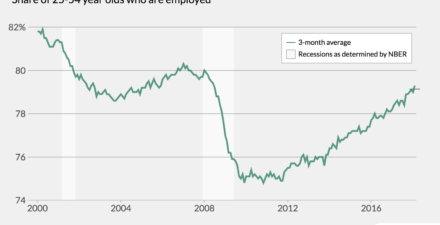Too many workers have been left behind as the benefits of growth increasingly accrue to those at the top of the income and wealth distribution. Equitable Growth supports research to improve our understanding of what is driving these trends, who is affected, and what policies can boost wages for all workers, provide for safe and equitable workplaces, develop pathways for upward mobility, and encourage stronger economic growth and stability.
Featured Research
Experts on the issue
Connect with us!
Get in Touch
Explore the Equitable Growth network of experts around the country and get answers to today's most pressing questions!






















